The Social Network
3 min read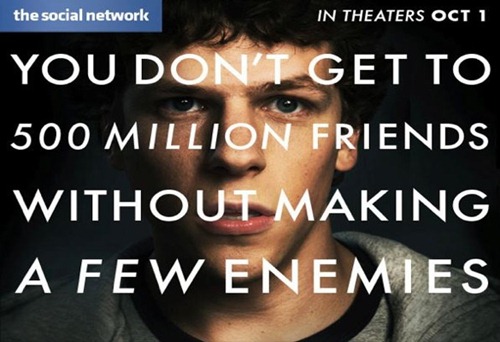
The Social Network, directed by David Fincher and written by Aaron Sorkin (joint credit is truly deserved), is an astonishingly focused and perceptive film. I say “astonishingly focused” in part because of the brisk two-hour running time, but also because of how unremittingly tight the film’s scope is; I say “perceptive” because of how gently and compassionately it treats its characters and its larger social implications. Every character, beginning with Zuckerberg, Saverin, and Sean Parker, is a walking upper-class raw nerve. In some ways, The Social Network is like watching a high school prom, complete with anxieties of inadequacy, power struggle, overcompensation, wounded ego, and of course, as it turns out, it’s all about a girl (rather, the desire to connect; or more precisely, be connected to).
All of this material is handled with swift, smart dialogue and drawing room drama by Sorkin’s ridiculously engaging script. Much is being made of the accuracy of the events depicted in the film, which I suppose is inevitable. Yet the truth is that the truth doesn’t really matter in this case. What matters for The Social Network is philosophical and emotional truth. How do the events speak to social networking (of both the physical and digital variety), personal ambition, class issues, and finally human connection? These are the important questions for the film – questions that are somehow touched upon without ever really stealing the spotlight from the story itself. Going in, I expected some kind of profound social statement (a larger canvas, if you will) to lumber heavily in the foreground; but Fincher and Sorkin bury, or rather embed, the meaning subtly in the characters and plot. This is evident in one of my favorite scenes, a montage that occurs rather early. In it, Zuckerberg begins building a girl-rating site called Facemash. As he furiously hacks and codes, Fincher cuts back and forth to a party full of people – real live flesh and blood people, really interacting with one another, in a real room, with real music thumping. This montage shows Zuckerberg (and more importantly us, the viewer) reducing those human beings and their interactions to a digital representation, and physical socializing to a mouse click. In lesser hands, this philosophical juxtaposition would have been more heavy-handed, elaborated in some heady monologue, but not here. The closest The Social Network comes to didacticism (not that I have anything against being didactic) is a line uttered by Justin Timberlake’s Sean Parker, when he declares, “We used to live on farms, then in cities…now we’re going to live on the internet!” It’s a good line, and telling – and coming from Parker’s frantic loose cannon of a mind, he intends it as a declaration of freedom and revolution, but it also functions as a prophetic lament.
Just like Fincher’s recent Zodiac, I suspect The Social Network will reward multiple viewings – there are various themes at work, and Fincher loves overlapping and multiplying thematic representations. One of those representations is Trent Reznor’s score, which is a magnificently fractured piece, alternating between moody, hip, and quite blatant suspense film notes. Somehow Fincher seems to turn every film, no matter the material, into a rather foreboding affair. Not that I’m complaining. Communication, miscommunication, image-making, and coding of both of the computer and social variety (Jim Emerson is doing some interesting explorations of these “codes” at his Scanners blog) – these The Social Network explores through its biographical component and implicitly through The Facebook. All of this is brought to life by typically moody, foreboding aesthetic work, surprisingly funny and sympathetic performances (not an easy feat to pull off considering the cast of largely spoiled upper-class smart-ass characters), and writing that is layered and subtle. Forgive me, at this point, in breaking form to issue the following heartfelt declaration (and one of only a few complaints) to one of my favorite directors currently working: David Fincher, you do not have to have, in every single one of your films, a continuous shot that travels through the glass of a window. Just because you can digitally seam that shot does not mean you have to! Sorry, I had to say it.

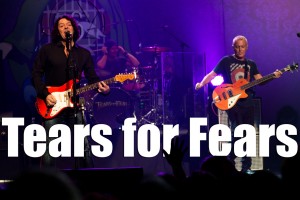


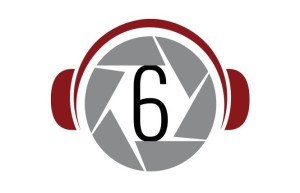
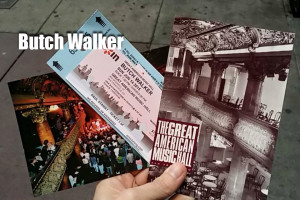

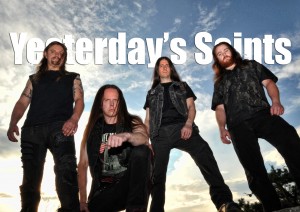
I just saw the film and your review was well done. I can’t find much to disagree with, and I love to disagree. The only thing I would add, about “the truth not really mattering in this case”, which I do agree with, is that some of the characters come off smelling a little more clean, or pitied, than they should in real life. But you’re right from a film perspective, I agree it doesn’t matter. From a sense of social mind altering sense(most people would not look into the story further, and why should they) I do feel that an agenda was served in getting this film made, outside of just making a good film. But, I guess that’s to be expected with the subject matter.
I did love the film though, and want to hire Aaron Sorkin to write for me when I renewal my vows.
Thanks man. Good thoughts. And yes, Sorkin is ridiculous.